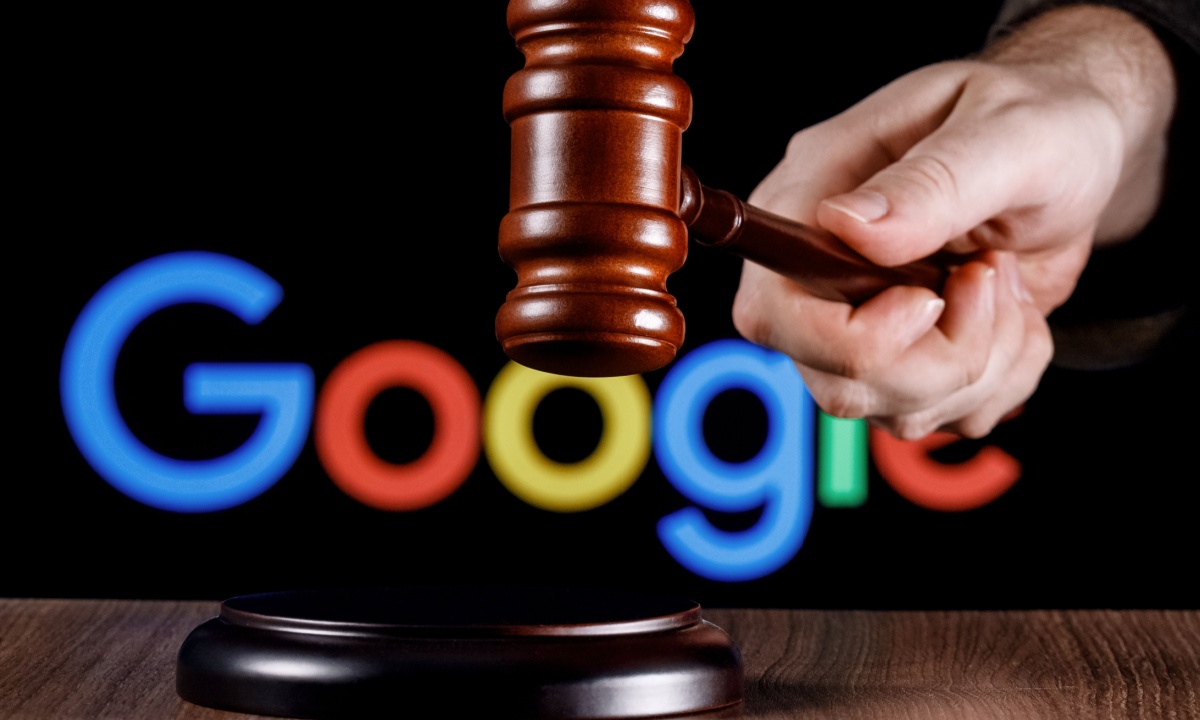
A federal judge in San Francisco has postponed a court order that would force Google to introduce more competition to its Android app store. The delay will remain in place until an appeals court can rule on the legal complexities of a jury verdict branding Google as an illegal monopolist, according to an AP News report.
The decision, made on Friday by U.S. District Judge James Donato, follows his earlier ruling that would have required Google to make significant changes to its Play Store starting November 1. Those changes aimed to open the platform to rivals, including giving competitors access to the more than 2 million apps available on the Android Play Store.
Google, however, sought to delay Donato’s order while the Ninth Circuit Court of Appeals reviews the case, which stemmed from a December 2023 verdict. The jury had found that Google’s Play Store was monopolistic, allegedly stifling innovation and inflating consumer costs. In response to Friday’s delay, Google expressed relief, stating that the temporary pause would allow the company to further argue its case for protecting the Play Store’s safety and user experience, per an AP News update.
During Friday’s hearing, Judge Donato dismissed Google’s arguments that it might succeed in overturning the antitrust verdict, citing extensive evidence of Google’s anti-competitive behavior. “The verdict in this case was amply supported by a mountain of evidence,” Donato remarked. Despite his skepticism, he conceded that the appeals court should be given time to assess the matter.
Google’s appeal is rooted in its concerns about the complexity of implementing the required changes. The tech giant has characterized the shift as a “Herculean task” that poses potential risks to the security of the Android ecosystem, claiming the overhaul could lead to substantial costs. However, Judge Donato largely dismissed these concerns during the proceedings.
Read more: Google to Challenge Antitrust Ruling; CEO Sundar Pichai Signals Prolonged Legal Battle
As part of the mandated changes, Google would have had to allow rival app stores and alternative distribution methods for Android apps, a move that could drastically alter its current control over the Play Store. According to Donato, the appeals court could potentially extend the delay even further, though that will be left for the Ninth Circuit to decide.
The timeline for the appeals court’s decision is uncertain and could stretch out for over a year, given the complexity of the case. A similar situation occurred in 2021 when the Ninth Circuit delayed a ruling in another antitrust case brought by video game company Epic Games, this time against Apple. Although Apple managed to avoid being labeled an illegal monopolist, it was ordered to allow links to alternative payment systems within apps—a provision Apple fought to delay. That delay preserved Apple’s exclusive control of its payment system, which earns the company commissions of 15 to 30 percent on certain app transactions.
In Google’s case, the company insists that the remedies proposed by Donato’s ruling could jeopardize the Play Store’s integrity. “These remedies threaten Google Play’s ability to provide a safe and secure experience,” the company said in a statement, adding that it looks forward to defending its position for the benefit of millions of users, developers, and partners across the U.S.
Source: AP News
Featured News
Big Tech Braces for Potential Changes Under a Second Trump Presidency
Nov 6, 2024 by
CPI
Trump’s Potential Shift in US Antitrust Policy Raises Questions for Big Tech and Mergers
Nov 6, 2024 by
CPI
EU Set to Fine Apple in First Major Enforcement of Digital Markets Act
Nov 5, 2024 by
CPI
Six Indicted in Federal Bid-Rigging Schemes Involving Government IT Contracts
Nov 5, 2024 by
CPI
Ireland Secures First €3 Billion Apple Tax Payment, Boosting Exchequer Funds
Nov 5, 2024 by
CPI
Antitrust Mix by CPI
Antitrust Chronicle® – Remedies Revisited
Oct 30, 2024 by
CPI
Fixing the Fix: Updating Policy on Merger Remedies
Oct 30, 2024 by
CPI
Methodology Matters: The 2017 FTC Remedies Study
Oct 30, 2024 by
CPI
U.S. v. AT&T: Five Lessons for Vertical Merger Enforcement
Oct 30, 2024 by
CPI
The Search for Antitrust Remedies in Tech Leads Beyond Antitrust
Oct 30, 2024 by
CPI